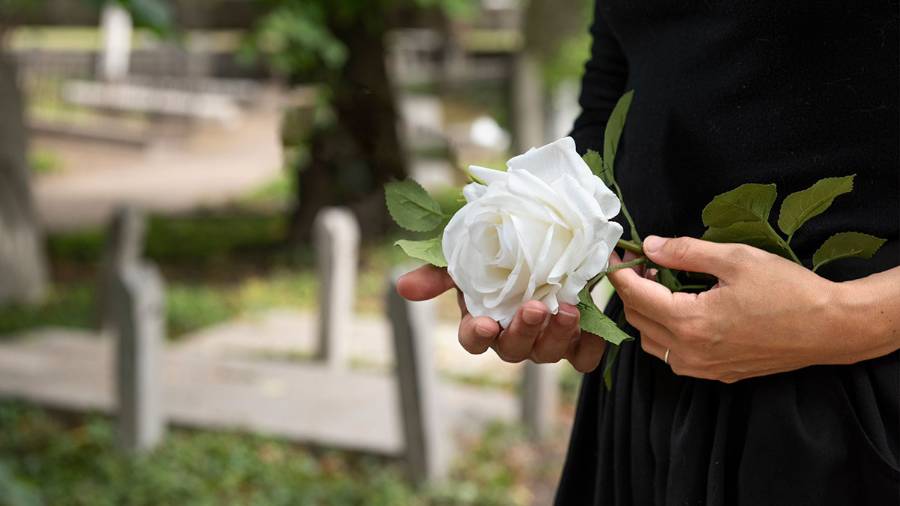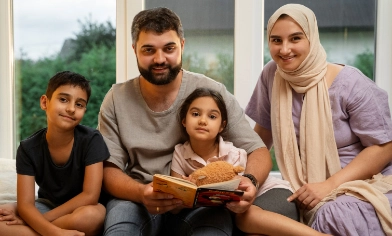How to pay for your funeral
Planning for your funeral doesn’t mean you need to plan every detail. But making plans to cover the costs can lift a huge weight off your loved ones’ shoulders.
While saving money for future events is no bad thing, having money in a bank account may get caught up in what’s called probate when someone dies. This is where their account gets frozen when they are declared dead.
A convenient and more immediate way to cover funeral costs is with over 50s life cover. If you’re aged 50 or above, you pay a fixed monthly amount. When you pass away, the policy pays out a lump sum. Your family can use this to pay for your funeral and say goodbye without delay.
Some policies have the option of a funeral benefit, where the payout goes directly to your chosen funeral provider. It’s a simple way to be prepared, with everything taken care of automatically when the time comes.
Funeral Benefit Option: one less thing for loved ones to think about
If you take out Post Office Over 50s Life Cover and are planning to use the cash sum to help pay for your funeral, you can add our Funeral Benefit Option at no extra cost.
When it's time, the money from your policy will go to Co-op Funeralcare. With a single call from your loved one, a funeral director will take care of all the arrangements. They’ll work with your loved ones to create the type of funeral you’ve said you want. And this can be a huge help at a difficult time.
You’ll also get a discount, saving £50 on Direct Cremation, £100 on a Essential funeral or £250 on a Tailored funeral.
How to lower cost funerals
If you’re worried about how much a funeral might cost, it’s worth knowing that there are lower-cost options that still offer dignity and care.
Direct cremation is typically the cheapest choice, with an average price of around £1,597. You won’t have the extras like flowers or a hearse, but you will get a respectful, professional service.
Other ways to keep costs down:
- Choose a basic or eco coffin
- Skip limousines and use your own transport
- Keep the guest list small or hold a private farewell later
- Avoid printed materials like order of service sheets
- Host a wake at home rather than hiring a venue
Your funeral doesn’t need to be grand to be meaningful. Planning something simple now can help avoid stress later and give you the comfort of knowing it’s sorted.
Help with funeral costs
If you’re worried about how your funeral will be paid for one day, there are some ways that might help:
- Government support: If your family gets certain benefits, they might be able to get up to £1,000 financial support through a Funeral Expenses Payment. Keep in mind, though, it can take four weeks or more to receive the funds
- Public health funeral: If no one can pay, the council might arrange a simple but respectful funeral
- Funeral loans: Some companies let families pay in small amounts over time
- Crowdfunding: Families sometimes raise money online, especially if a loved one dies unexpectedly
Even if it feels far off, thinking about these things now can help avoid stress later. Just having a chat with your family can make a big difference.


















